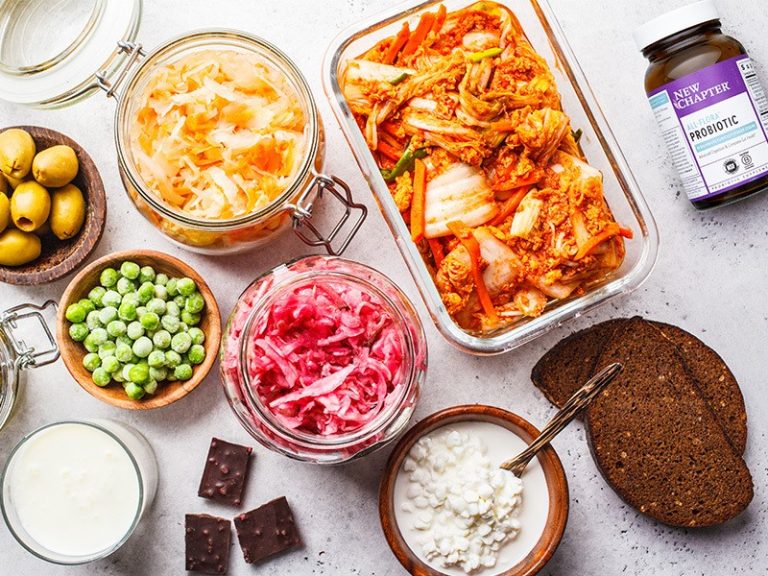
The word “bacteria” may not immediately bring up images of a happy, healthy you. But when it comes to how the body works and stays well, bacteria are vital for human life! The truth is your overall health is powerfully linked to the activity of good bacteria and other microorganisms that live in your digestive tract. The good bacteria and yeasts that populate your gut (your “gut flora”) help you digest food, produce vitamins, eliminate toxins, and more. Together, these trillions of tiny denizens make up your microbiome.
What Are Probiotics?
First, what does “probiotic” mean? “Pro-biotic” has its roots in Greek and means “for life.” Probiotics are the good bacteria and yeasts that can be consumed as dietary supplements and in fermented foods. While not always identical to all the microorganisms found naturally in your body, probiotics from supplements and foods are similar and can help support the health and activity of your natural flora. The benefits of taking probiotics include helping to balance or restore gut health. Studies have shown that the health of your microbiome is influenced by your diet. If you feel you need some extra help and balance, digestive health supplements containing probiotics might be an option.
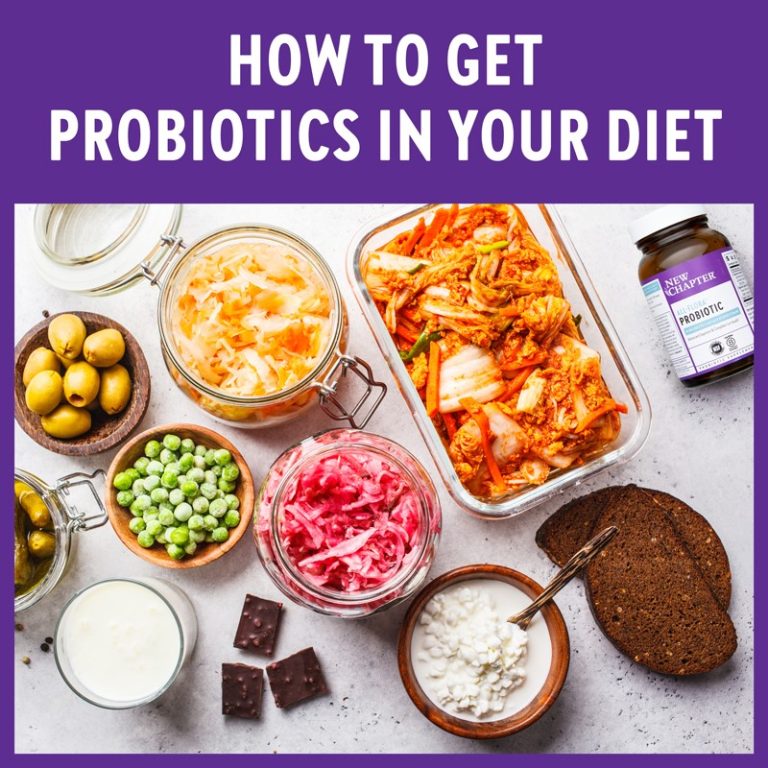
Prebiotics, Probiotics & Postbiotics: What’s the Difference?
So, what are all these “biotics” you may be seeing in supplements? Let us break it down:
- Probiotics are living, beneficial microorganisms that help support optimal gut and immune health. There are many types of probiotic supplements available. Some are formulated with targeted, science-backed strains. Foods that can act as sources of probiotics include yogurt, sourdough, kombucha, tempeh, sauerkraut, and a variety of other fermented goods.
- Prebiotics are included in some supplements as fuel for the probiotics. Adding prebiotics, usually in the form of fiber, gives the live probiotics a little packed lunch to help nourish their growth and activity once consumed. You can also get prebiotics from foods such as steel-cut oats, asparagus, bananas, and other foods high in fiber.
- Postbiotics are beneficial compounds or metabolites created by the probiotics themselves and can be considered the “jewels of fermentation.” Postbiotics are included to help round out gut-health benefits of some supplement formulations.
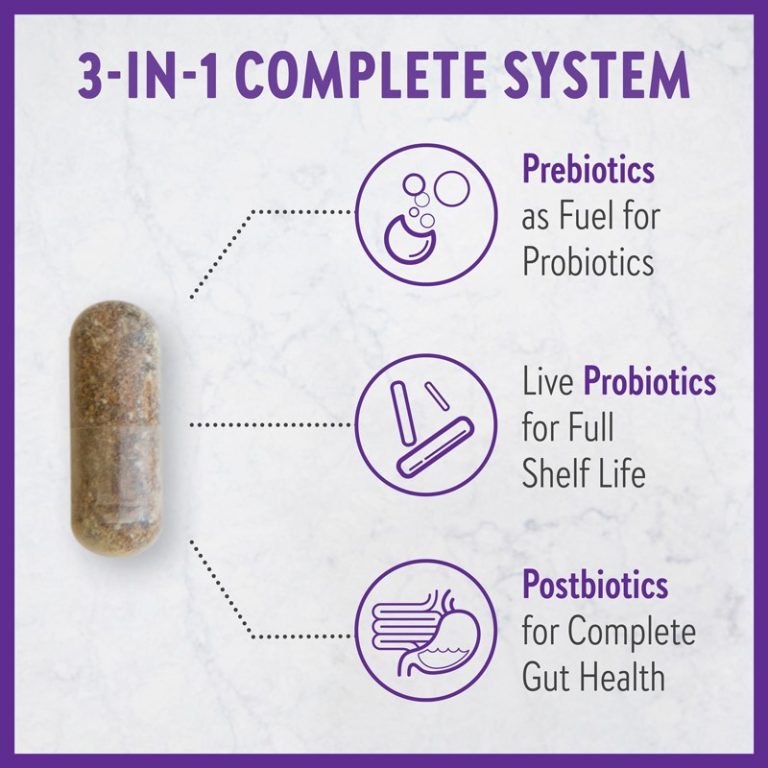
What Are Colony Forming Units?
Probiotics in supplements are measured in colony forming units, or CFUs. This measurement indicates the number of viable cells and can range from billions to megabillions! However, it is important to know that more is not necessarily better when it comes to CFUs. If you are comparing probiotic supplements, be sure to check that CFU levels have been clinically studied for effectiveness. Just putting in a laundry list of bacteria in huge amounts does not necessarily mean they will do what you expect. Clinical studies show that key probiotic strains like Lactobacillus can be effective in amounts of 5 or 10 billion, for example.
What Is Gut Flora?
When you dive into the world of probiotics, you will often come across the term “gut flora.” This is simply another name for the collection of bacteria, yeasts, and other microorganisms that live in your digestive tract, mainly the upper and lower intestines. Your gut flora performs vital tasks for your overall wellness, including the production of vitamins such as Biotin and Vitamin K. Those interested in learning how to restore a healthy gut flora may want to look into overall microbiome balance with probiotic foods or supplements.
What Types of Probiotics Should I Look For?
You may be tempted to search for a supplement that includes as many types of bacteria as possible. But mega-doses of multiple mixed strains will not necessarily produce results. Instead you may want to focus on formulations that deliver the right strains in amounts known to work.
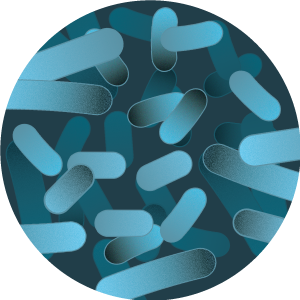
Lactobacillus LP01
Lactobacillus plantarum lives naturally in the small intestine and can be found in fermented foods such as sauerkraut and yogurt. It can produce hydrogen peroxide to help ward off outside microorganisms. LP01 has been studied for digestive support, particularly for helping with bowel regularity.

Bifidobacterium BR03
Bifidobacterium breve is found in the large intestine where it helps break down carbohydrates from plant-based foods. The BR03 strain can work together with LP01 to support both the body’s immune response and promote digestive health.
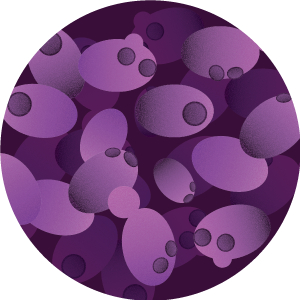
Saccharomyces boulardii
This probiotic yeast has impressive benefits. It can establish itself in your gut and help good bacteria flourish throughout your microbiome. It also helps reduce problematic yeast such as Candida.
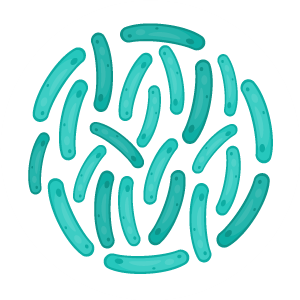
Lactobacillus La-14
Lactobacillus acidophilus La-14 has been clinically studied for its ability to replenish healthy vaginal flora. Like the gut, the vagina has a natural population of good bacteria that keep it healthy. When vaginal Lactobacilli are in healthy balance, the slightly acidic environment (low pH) helps defend against problematic yeasts and infectious bacteria.
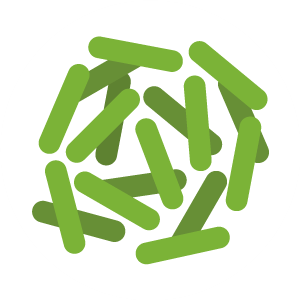
Lactobacillus HN001
This beneficial bacteria (also known as Lactobacillus rhamnosus) also supports vaginal health. Both this strain and La-14 adhere to cells in the delicate vaginal lining to help actively fight off outside microorganisms.
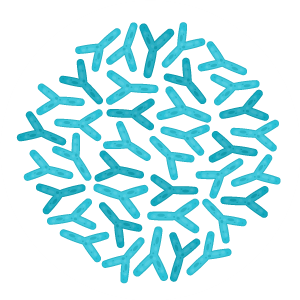
Bifidobacterium B420
This bacteria strain (also known as Bifidobacterium animalis ssp. Lactis) has been shown in clinical research to significantly improve weight-related goals. In combination with a healthy diet, it has been shown to support abdominal fat loss, reduced waist circumference, weight reduction, and reduction of calorie intake.
From this list you can see how important it is to get exactly the right strain—the one that was researched for the benefits you want. New Chapter probiotics are formulated with DNA-tested and identity-assured strains so you can be sure you are getting exactly what is promised.
Our formulas are also rounded out with complementary herbs. Our weight management probiotic supplement features a blend of organic Hibiscus and organic Green Coffee Bean, which research has linked to fat-burning. Our women’s probiotic formula delivers Chaste Tree berry extract to promote hormonal balance in addition to vaginal and urinary tract benefits. *
Benefits of Taking Probiotics
As mentioned earlier, probiotics are very similar to the beneficial microorganisms already found in the body. Taking them in dietary supplement or food form is believed to help balance, bolster, or restore your internal microbiome. While your gut is a major home to these microbes, they are also found in the mouth, vagina, urinary tract, lungs, and skin. Probiotics can have a more holistic impact than one may have thought!
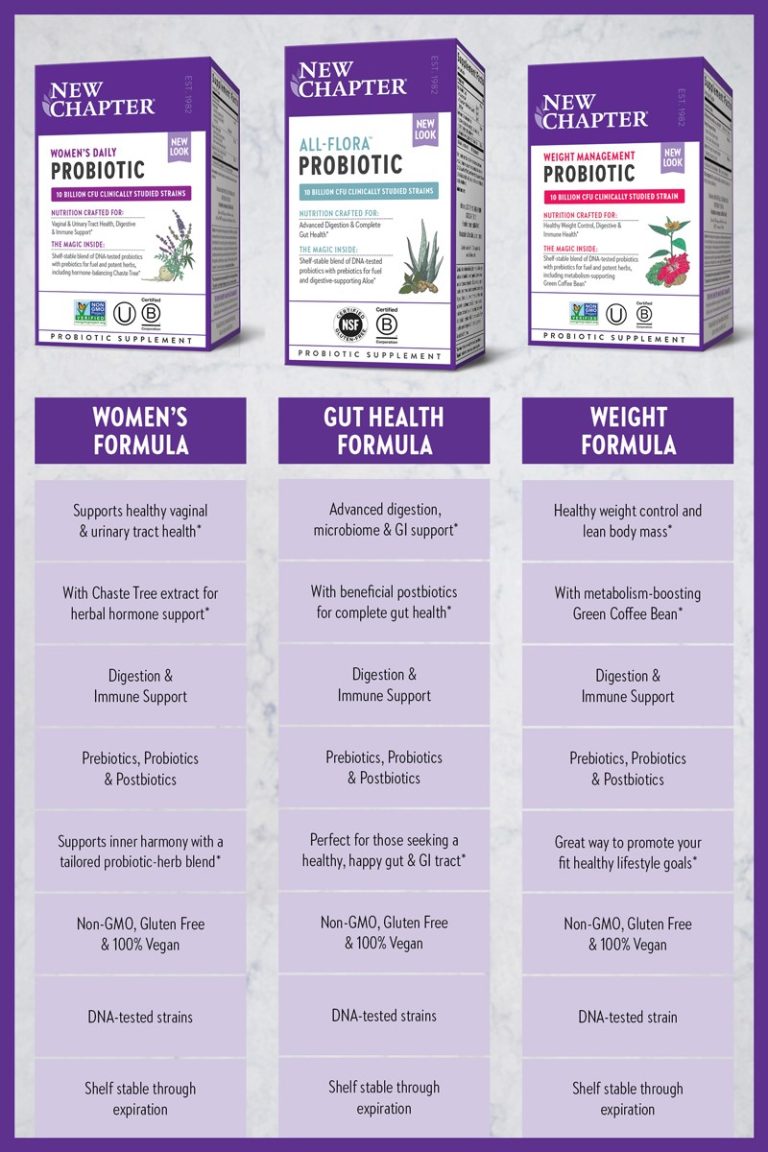
- Digestive Support
Probiotic supplements can support your gut’s good bacteria in doing their job, which is to break down food you have ingested. This includes complex carbohydrates and high-fiber foods that might otherwise be tough for your intestinal tract to handle. There is data to suggest that certain probiotic strains can help your body to better absorb protein and other nutrients, as well. - Immune Support
Research has shown that probiotics secrete protective substances that may engage the immune system and help prevent pathogens from wreaking havoc. The digestive system is also home to the majority of the body’s immune response. This is why keeping digestion happy and healthy will in turn support healthy immune function. - Reduce Gastrointestinal Discomfort
Probiotics have shown a lot of promise when it comes to addressing several types of diarrhea (including that caused by antibiotics). They also help to support bowel regularity and relieve constipation, and help reduce occasional gas, bloating, and GI distress. They can be a great travel companion for these reasons. If you are curious about how probiotics might help with other types of GI distress such as Inflammatory Bowel Disease (which includes ulcerative colitis and Crohn’s disease), check in with your healthcare professional for information. - Vaginal & Urinary Tract Health
Like the healthy gut, the healthy vagina is a well-balanced ecosystem of microorganisms. That ecosystem can sometimes be thrown off by antibiotics, spermicides, or birth control pills. Probiotics may be helpful in restoring balance and helping prevent common issues like bacterial vaginosis, yeast infections, and urinary tract infections. Check in with your healthcare professional about what is right for you. - Weight Management
The possible link between probiotics and weight loss originated when researchers noticed that the gut flora seemed to vary depending on a person’s body mass index. When scientists implanted gut bacteria from the different types of people into mice without any gut bacteria, they found that the mice receiving gut bacteria from obese people gained weight. Those who received bacteria from average-weight people showed no weight change. The jury is still out on a definitive correlation between probiotics and weight loss, but diet changes can affect your microbiome, so it will not hurt to add in some backup as you reevaluate what you eat. Scientists have found links between gut flora profiles and whether a person is at a healthy weight or not.
How Long Do Probiotics Take to Work?
It may take some trial and error to find the right probiotic for your needs. Some people often see initial improvements in health and digestion around 1–2 weeks after starting a probiotics regimen. You might notice some bloating and gas or changes in your stool, but these are all indications that the probiotic is working vs. signs of an unhealthy gut. For more specific information, consult the Suggested Use information on the supplement you are taking, or talk with your healthcare professional.
Tips for Taking Probiotics
Consult your doctor before adding any supplements (probiotic or otherwise) to your daily routine. They can recommend the best strain for your concerns.
When to Take Probiotics? Should Probiotics Be Taken with Food?
In general, it is best to consume probiotics on an empty stomach so the live bacteria is more likely to survive the journey into your digestive system. (Digestive enzymes and bile salts are triggered when you eat, and they can kill this helpful bacteria in the process!) This may mean that first thing in the morning, before breakfast, is a good option, or even right before bed, when you are done eating for the day.
Who Should & Should Not Take Probiotics?
For those who are seeking to maintain overall health and wellness, probiotics can be a nice addition to one’s daily regimen. However, if you have a weakened immune system, have been ill, or are recovering from recent surgery, please check in with your healthcare professional about any supplements you take. Moms-to-be can also check in with their prenatal care provider about probiotics or any other supplements (they are considered “probably safe” by the American Pregnancy Association).
If you are wondering when to take probiotics with antibiotics, check with your doctor for the best recommendation. Since antibiotics are used to kill bacteria—all bacteria—logic suggests that the two should not be taken at the exact same time if you want to reap any benefits from the probiotic. Even just a few hours apart might help.
How Should Probiotic Supplements Be Stored?
New Chapter Probiotic supplements are all shelf stable and do not require refrigeration, but many others do. If shopping at your favorite natural foods store or supermarket, probiotic supplements might be in the refrigerated section for the sake of convenience. Check the directions on your particular product for storage instructions.
Humans are natural hosts to trillions of important guests—those tiny microorganisms that live and work throughout our bodies. Friendly bacteria and good yeasts are essential for how we digest food, fight infection, eliminate toxins, and much more. Our busy inner community, the microbiome, is so important it is also known as the “second brain.” Good news: You can help keep a good balance of these vital microorganisms with a carefully formulated probiotic supplement. Nourish your happy, healthy microbiome by looking for trusted strains delivered in studied amounts, like New Chapter’s family of formulas. We are here for your probiotic needs!
6 Things to look for in your probiotic:
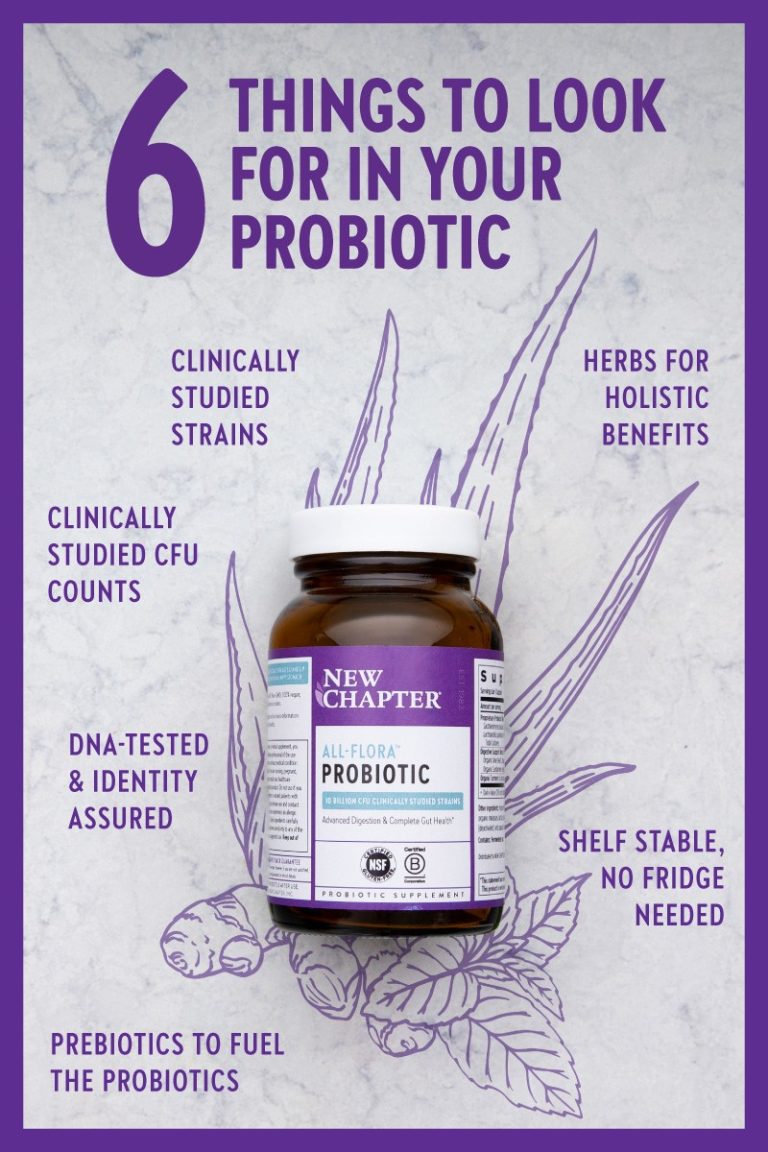
*These statements have not been evaluated by the Food and Drug Administration. This product is not intended to diagnose, treat, cure, or prevent any disease.
© Copyright 2021 New Chapter, Inc.

